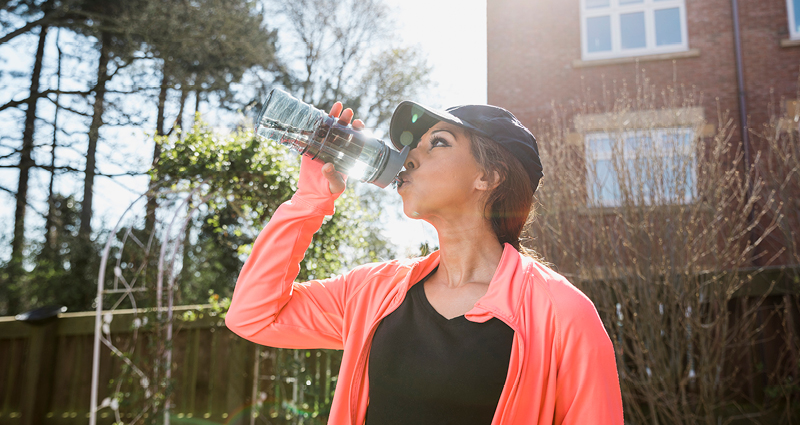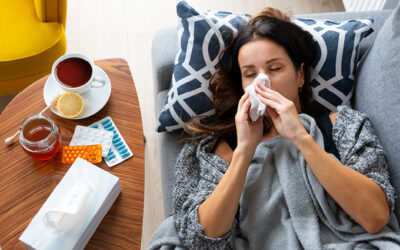Southern summers are known for more than sunshine. They bring intense heat and heavy humidity that can take a toll on your body fast.
Whether you’re working in the yard, heading out for a family vacation or spending your days on a job site, protecting yourself from heat-related illness should be part of your summer plan.
Here’s how to stay safe, hydrated and ready to enjoy the season without risking serious health issues.
Don’t Wait Until You’re Thirsty
If you’re feeling thirsty, you’re already behind. Staying properly hydrated means drinking water consistently throughout the day, not just when your body sounds the alarm. Bring a refillable water bottle with you and sip regularly, especially when you’re active or in direct sunlight.
Skip sugary sodas, which can dehydrate you further, and try to limit caffeine and alcohol, both of which can increase fluid loss. Adding electrolyte drinks or snacks like fruit can also help replenish essential minerals lost through sweat.
Time It Right
The sun is strongest and the risk for heat illness is highest between 10 a.m. and 4 p.m. If your schedule allows, try to plan yard work, exercise or errands for early morning or later in the evening.
When you must be outside during peak heat, take frequent breaks in the shade or indoors and drink water during every break. Dress smart: opt for loose-fitting, breathable clothing in light colors, and don’t forget sunscreen to protect your skin from sunburn, which can make it harder for your body to cool down.
Know the Signs of Heat Illness
Heat exhaustion and heat stroke can come on quickly and become dangerous if ignored. Watch for early symptoms like dizziness, headache, nausea, muscle cramps or heavy sweating that turns into clammy or dry skin. Confusion, rapid heartbeat or vomiting are signs you need to take action fast.
If you or someone near you experiences any of these symptoms, stop activity immediately, move to a cooler place and hydrate. Use cold compresses or wet towels to help bring body temperature down. If symptoms don’t improve quickly, seek medical attention.
Plan Ahead for Summer Activities
Festivals, beach days, camping trips. Summer fun often means long hours outside. A little preparation goes a long way. Bring water and snacks, pack extra sunscreen and identify spots where you can take breaks in the shade or indoors.
When possible, avoid standing or sitting on hot surfaces like asphalt or concrete for long periods. These can radiate heat and add to your body’s stress. Keep an eye on others in your group, especially children or older adults, who may not recognize the signs of overheating.
Listen to your body, rest when you need to and don’t push through heat-related discomfort. The best summer memories come when everyone stays healthy and safe.




